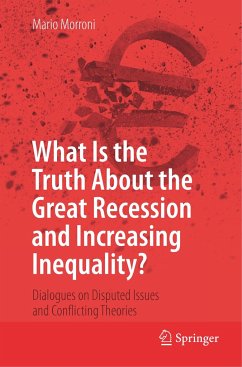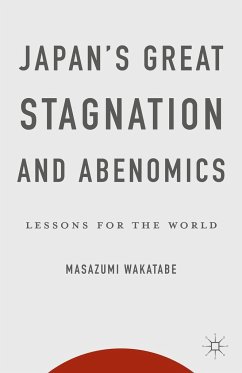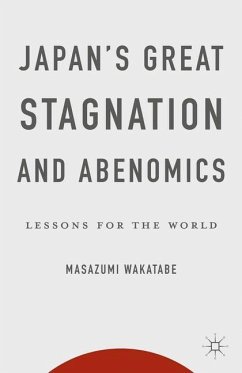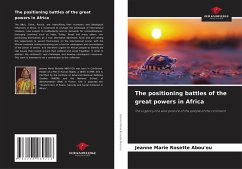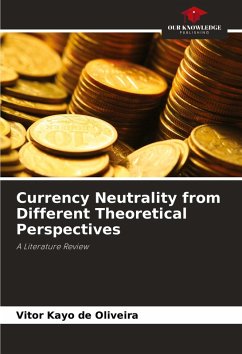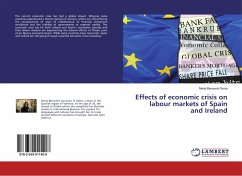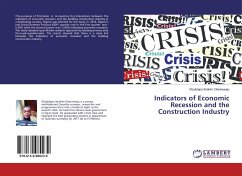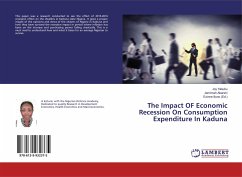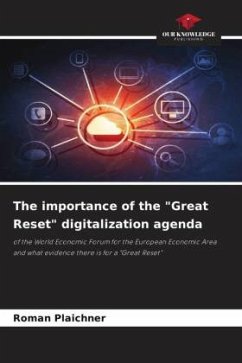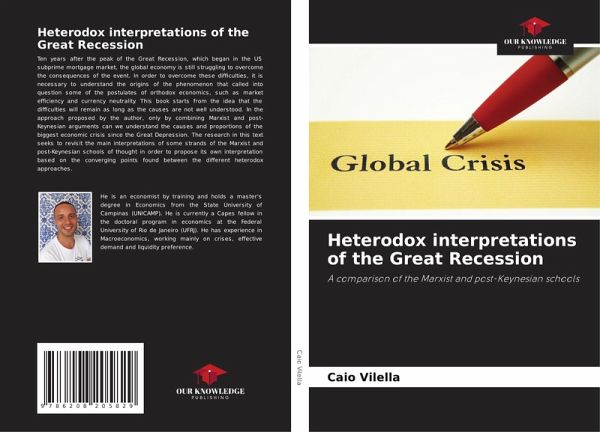
Heterodox interpretations of the Great Recession
A comparison of the Marxist and post-Keynesian schools
Versandkostenfrei!
Versandfertig in 6-10 Tagen
47,99 €
inkl. MwSt.

PAYBACK Punkte
24 °P sammeln!
Ten years after the peak of the Great Recession, which began in the US subprime mortgage market, the global economy is still struggling to overcome the consequences of the event. In order to overcome these difficulties, it is necessary to understand the origins of the phenomenon that called into question some of the postulates of orthodox economics, such as market efficiency and currency neutrality. This book starts from the idea that the difficulties will remain as long as the causes are not well understood. In the approach proposed by the author, only by combining Marxist and post-Keynesian ...
Ten years after the peak of the Great Recession, which began in the US subprime mortgage market, the global economy is still struggling to overcome the consequences of the event. In order to overcome these difficulties, it is necessary to understand the origins of the phenomenon that called into question some of the postulates of orthodox economics, such as market efficiency and currency neutrality. This book starts from the idea that the difficulties will remain as long as the causes are not well understood. In the approach proposed by the author, only by combining Marxist and post-Keynesian arguments can we understand the causes and proportions of the biggest economic crisis since the Great Depression. The research in this text seeks to revisit the main interpretations of some strands of the Marxist and post-Keynesian schools of thought in order to propose its own interpretation based on the converging points found between the different heterodox approaches.





